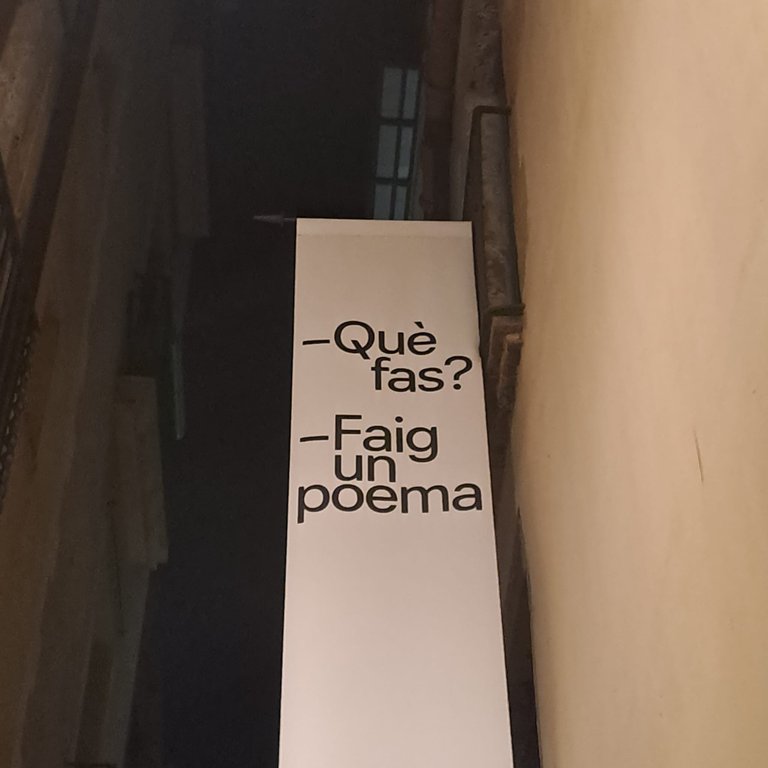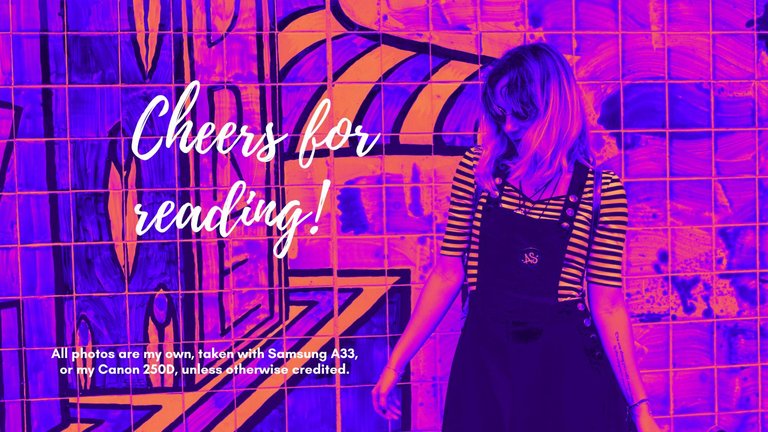It's worrying to me that whenever this subject gets broached, we phrase it in terms of defending monsters, instead of what it actually is - defending the (potentially) innocent.
I've been watching this British series from some years ago called "Liar" about a schoolteacher who accuses a handsome surgeon of date rape. I hate predictability. I consider it lazy writing. I had a bet going with myself whether they'd dare to go against the obvious tide with this story. If it could turn out that she actually was lying and he was really innocent. No. Of course he's a narcissistic psycho rapist.
Because how would any one creator dare show anything but?

It's terrifying to me that we live in a point in time where artistic liberty hinges so heavily on popular opinion. One might argue it always did -- after all, what is an artist without their audience? But not in the way it does now. For a long time, artistic freedom hinged on wealthy patronage. For a little while, artists got to be tongue-in-cheek. Experimental. With little regard for what would be well-liked.
I didn't live it, but looking back, it feels to me the second half of the 20th century allowed one to really explore the lengths and limits of imagination.
Now, though, it's either pastiche or this excessive, mind-numbing prudence not to upset the general public. And perhaps rightly so - after all, it's never been easier, getting "cancelled". Tell the wrong story and your head could be on the block. It's terrifying and sad to me that some of us really think there is a "wrong story".
Because once an artist starts thinking in terms of right and wrong, they're no longer an artist. Merely a muppet.
Take this show, for instance. The "right" story is obviously the girl cries rape, society's mean and doesn't believe, but somehow, characters bandy together to stop the evil rapist. That's the obvious story and that's what they end up doing.
But what about the people (mostly men) who are wrongly accused? Who tells their story? And shouldn't it be my role as an artist to side with the story less told, not the opinion already held by the general public?
People twist this around. They say yeah, but women's stories have been bashed and silenced for so long, we're justified in always siding with them now, even if it steps on a few innocent men.
Not really. Siding with a liar against someone who's innocent is criminal regardless of gender. Or at least, it should be. Just because we women were silenced and oppressed (room to argue there, too, but let's not get into it) for so long, it shouldn't mean it's our turn to oppress and silence.
I would've liked to see a show from the wrongfully accused character's perspective. As an artist, I thought that was the less-expected take. But also, as a human being. As a woman, I'm not sure. A year ago, I might've been all for it. But now, I'm kinda tired of hearing the devil's story over and again. Yeah, there's psychos out there who hurt others and persist in thinking they're little angels. I know them. I think we all know them. Isn't that story told enough already, as is, in the real world?
It's frightfully dull (and depressing) to me that art has been redesigned as an echo chamber to the petty, mundane bullshit, that narrow 2x2 cardboard box society's shoved its head in.
The point of art was never to regurgitate the story already being told. Unless I grossly misunderstood, I thought art was supposed to challenge that story or (dare I even think it) suggest new stories to keep our brains from atrophying?
